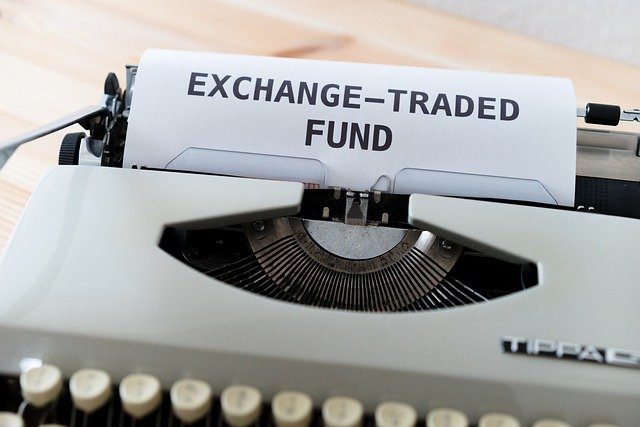“The market is vulnerable to headlines, and that’s what makes me anxious,” Liz Young, director of the strategy at BNY Mellon, said on Yahoo Finance’s The First Trade. “I don’t mind a weak market as long as it’s based on fundamentals, which we can model and measure.” But when it comes to news headlines, things we can’t control, and things that happen every minute of every single day, that’s when investors really succumb to some of their behavioural biases.”
Choose your poison to explain why equities are so volatile right now.
The trade war between the United States and China shows no signs of abating, and the rhetoric between the two countries suggests that it may worsen. According to Oxford Economics Chief U.S. Economist Greg Daco in an interview with Yahoo Finance, U.S. economic growth is set to decelerate substantially as the year advances, owing in large part to the effects of the aforementioned trade war. The economist does not exclude a “garden variety” recession in 2020 (not as severe as the one in 2008/2009, but something investors should be aware of).
Meanwhile, increasing labour and transportation expenses, along with the impact of tariffs, suggest that Corporate America’s profit margins peaked in 2018.
Indeed, as Young points out, all of these fears have taken their toll on markets this month.
Stocks are plummeting
On Wednesday, the S&P 500 fell below the psychologically significant 2,800 level. Globally exposed firms like Apple (AAPL) and Amazon (AMZN) have had their stocks fall 11% and 6%, respectively, in the last month. And the small-cap Russell 2000 (because of the trade war), the Philadelphia Semiconductor Index (also thanks to the trade war), and a slew of bank equities such as Goldman Sachs (GS) have all taken a beating (thank you inverted yield curve).
So, what is the best plan of action for investors who are bombarded with almost nonstop unfavourable headlines? Call a financial advisor because your portfolio will require smart techniques to survive and grow through what is shaping up to be a summer of market volatility.
“First and foremost, you must ensure that you are taking part in it. Cash and short-term bonds are good at retaining their value. “However, they are ineffective at lowering correlation in the total portfolio,” Young explains. “You must ensure that you are balancing beta with something that will truly do it, such as typical duration options.” That way, you can still participate in markets on the rise on the stock side, but you’ll have the correct kind of protection that will zig as the rest of the market zags.”
In other words, diversify and avoid investing in extremely hazardous stocks (as measured by their higher than market average betas).
“You want to make sure you’re balancing the near-term headwinds and not being overweight beta with the ability to participate because you have to be present to win,” Young adds.





